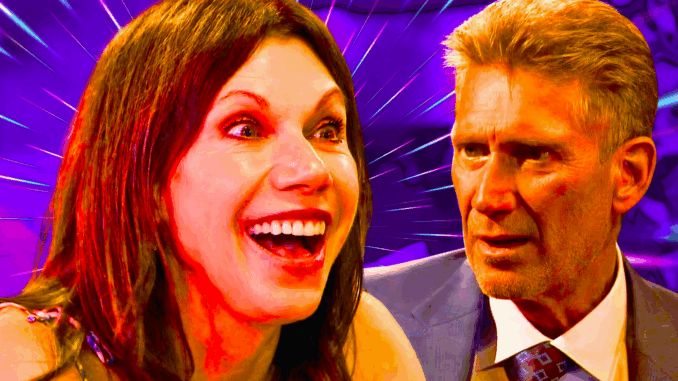
A Bold Experiment That Touched Hearts
When The Golden Bachelor was first announced by ABC, the idea seemed almost satirical: a reality dating show for senior citizens in a television landscape saturated with youth, scandal, and superficial glamor? It sounded risky. But what unfolded was a surprisingly emotional, sincere, and quietly revolutionary season that proved love stories don’t expire—they just age, mature, and sometimes sting a little more.
Led by 72-year-old widower Gerry Turner, the series defied expectations, drawing millions of viewers across age brackets. His vulnerability, gentle charm, and earnest search for a second shot at love resonated in ways no recent season of The Bachelor had managed. For once, it wasn’t about hot tubs and champagne-fueled drama—it was about loss, healing, hope, and the terrifying beauty of trying again.
The Women Who Redefined What It Means to “Compete”
From the moment the female contestants stepped out of their limos, the tone was set. These were not young influencers looking for screen time. These were women who had lived: widows, divorcées, mothers, grandmothers—some who had lost the love of their lives, others who had never truly found it. Their stories were marked not by flashy drama, but by resilience.
And rather than catty rivalries, audiences were treated to something almost radical in reality TV: kindness. The women consoled each other after eliminations, cheered one another on, and shared honest conversations about grief, loneliness, and what it means to start over after 60.
Gerry Turner: A Golden Heart in a Complicated World

Gerry Turner quickly became a fan favorite—not because he was perfect, but because he was real. His tears during goodbyes, his fear of hurting others, and his moments of uncertainty gave the show its emotional spine. His journey with finalists Theresa Nist and Leslie Fhima culminated in a proposal to Theresa in a finale that many viewers described as “heartbreakingly beautiful.”
A live wedding aired on ABC in January 2024, drawing massive ratings and public affection. It was a love story for the ages—until it wasn’t.
The Divorce That Stung More Than a Finale Rose
Just three months after their televised wedding, Gerry and Theresa announced their split in a quiet but shocking joint interview. They cited logistical challenges and differing visions of the future. While they both maintained a tone of mutual respect and care, the fairy tale had ended, and the reality had settled in.
Fans were divided. Some felt misled, angry that what they thought was genuine turned out to be unsustainable. Others appreciated the honesty. After all, isn’t that what real relationships are about—trying, failing, learning?
Their separation didn’t negate the connection they shared. Instead, it reframed it: The Golden Bachelor was never about promising “happily ever after.” It was about daring to seek connection when many would’ve given up.
A New Kind of Romance, a New Kind of Television
The real triumph of The Golden Bachelor wasn’t the wedding—it was the conversations it sparked. It made space for stories rarely told on screen: a woman mourning a husband lost to cancer, a man trying to love again after decades, people navigating late-life loneliness in a culture that often ignores them.
It reminded us that romance is not the monopoly of youth. The stakes are higher, the heartbreaks deeper, and the vulnerability even braver when you’ve lived long enough to know how fragile happiness can be.
This wasn’t your usual dose of escapism—it was a mirror, gently asking: What would you do if you still believed in love, even at 70?
Setting the Stage for The Golden Bachelorette
Following the cultural impact of The Golden Bachelor, ABC greenlit The Golden Bachelorette, with beloved contestant Joan Vassos taking center stage. Her quiet strength and grace struck a chord with viewers, and many saw her as the perfect choice to continue what Gerry’s season began.
There are hopes that Joan’s season will further push boundaries—portraying a mature woman not just as a romantic figure, but as someone fully in charge of her story. The show has a chance to show what late-life empowerment truly looks like—and maybe even provide the kind of happy ending that Gerry and Theresa couldn’t quite reach.
The Golden Legacy
So what does The Golden Bachelor leave behind? A cultural moment, yes. A ratings success, certainly. But more than that, it offered a glimpse of emotional truth on primetime television: the ache of memory, the courage to begin again, the beauty in connection—even if it doesn’t last.
The show was not flawless, and neither was its love story. But in the cracks of its fairytale, something more authentic bloomed. And maybe that’s the true message of The Golden Bachelor: Love is always a risk—but it’s a risk worth taking, no matter how old you are.